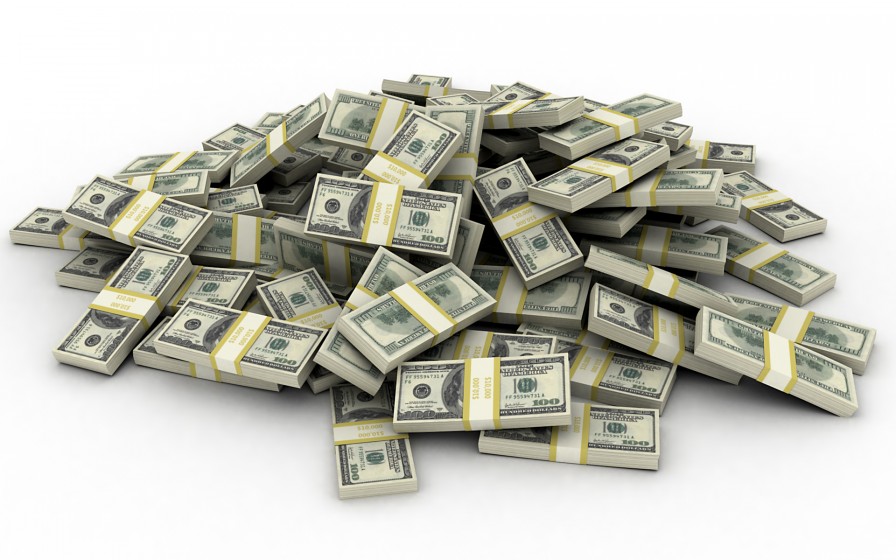
A Billionaire's Phone
December 11, 2014Based on its features, design, and specs, I believed the iPhone 6 was the best smartphone on the planet. Since I finally upgraded to one, I don’t think it’s just the best smartphone out there, but the most significant update to the iPhone since it launched in 2007. Though sales of the iPad have slipped for debatable reasons, it’s widely regarded as the best tablet on the market. Apple has created a non-coercive monopoly in the high-end mobile market where people choose an iPhone or an iPad because they’re the best.
Whether you agree or disagree with my opinion that the iPhone 6 is the best smartphone on the planet, it’s fair to say millions upon millions of people do. And that leads me to what I think many who analyze Apple and the success of its products overlook or don’t understand: Apple as a status symbol.
What I find most intriguing about the state of consumer electronics today is that a billionaire can’t buy a better phone than me. Like millions of other people, I can afford to buy the best smartphone in the world. Even considering how much of a status symbol or fashion statement an iPhone can be for some, it’s selling like hotcakes because it really is a best-in-category product. Being the best is itself, a status symbol.
This is also true for the Apple Watch, but with an important twist. Like the iPhone 6, the Apple Watch will quickly be regarded as the best smart watch on the planet. And like the iPhone 6, a billionaire won’t be able to buy a better, more advanced smart watch. You can fork out the cash for a gold Apple Watch Edition, but the functionality will be exactly the same as the $350 Apple Watch Sport. It makes the Apple Watch a special kind of device both as a status symbol as a best-in-class product, and a literal status symbol in the form of expensive jewelry.
The wild success of the iPhone 6 is in no small part due to it being regarded as a status symbol and one that’s not just skin deep. The same will be true for the Apple Watch.
The key to Apple’s meteoric success is making the best of something, which leads to those products being seen as status symbols from the Ghetto to Monaco.
Apple continues to build products that billionaires want and the middle class can afford. There’s little to suggest this won’t be the case for the foreseeable future. When I sit back and consider that a billionaire can’t have a better phone than me, it makes me wonder if a non-coercive monopoly is such a bad thing.
Other posts by Chris Marriott
- Seeking Backstage Resellers
- Preemptive Multi-Talking -- Johnny and the Liquidators
- Preemptive Multi-Talking -- Pundits are the worst!
- Preemptive Multi-Talking -- WWDC 2016
- Preemptive Multi-Talking -- Of Cash Piles and Job Cuts
- Preemptive Multi-Talking -- 60 Scary Minutes Edition
- Preemptive Multi-Talking -- [R]Evolution Edition
- Preemptive Multi-Talking -- Pinocchio Edition
- Preemptive Multi-Talking -- FBI vs. Apple
- Preemptive Multi-Talking -- 1984 Edition
- Preemptive Multi-Talking -- Earnings Madness Edition
- Preemptive Multi-Talking -- All your passwords are belong to us.
- Preemptive Multi-Talking -- Fog, Fizzle, Flop Edition
- Preemptive Multi-Talking -- FUD Redux Edition
- Preemptive Multi-Talking -- Privacy be Damned Edition
